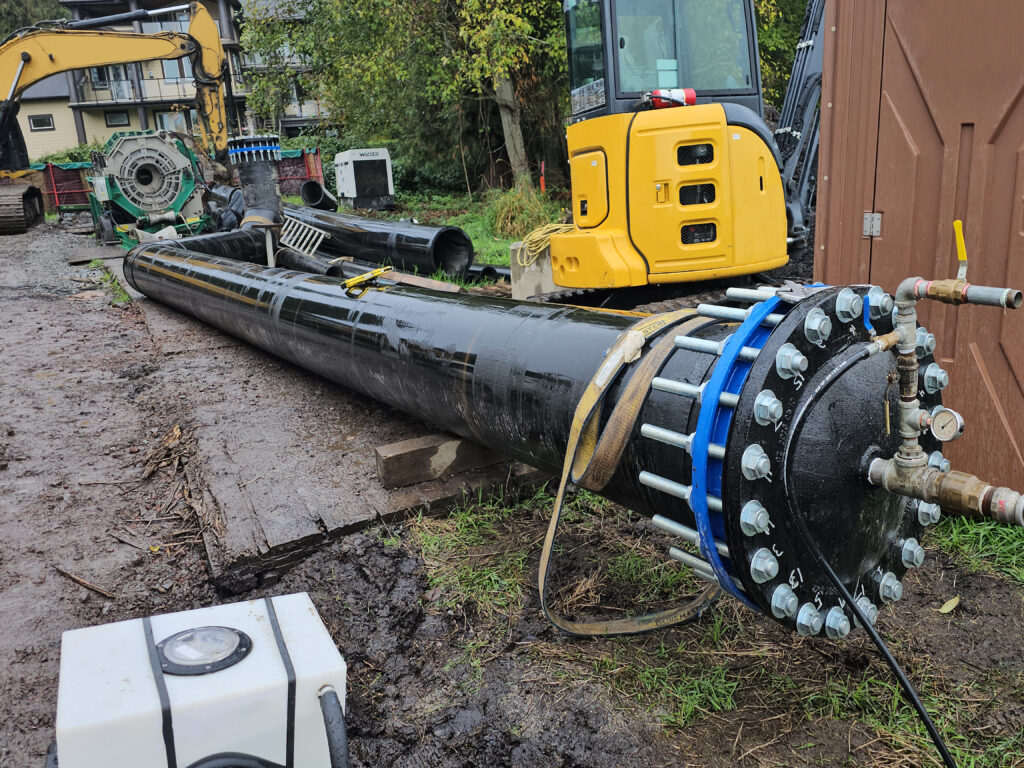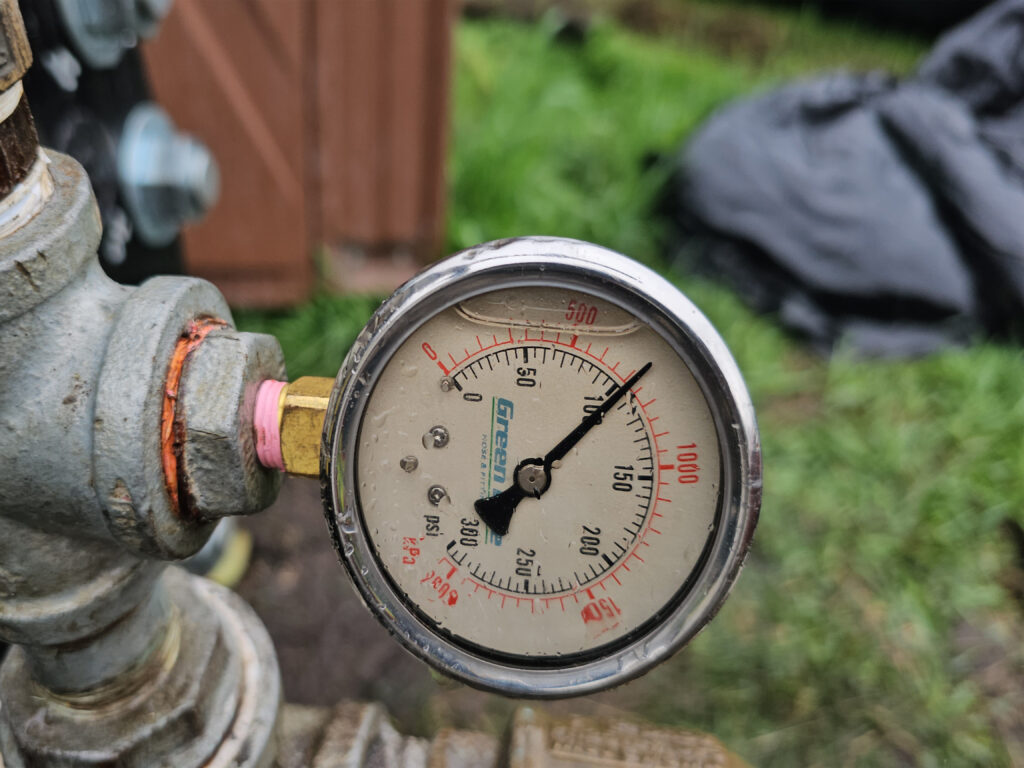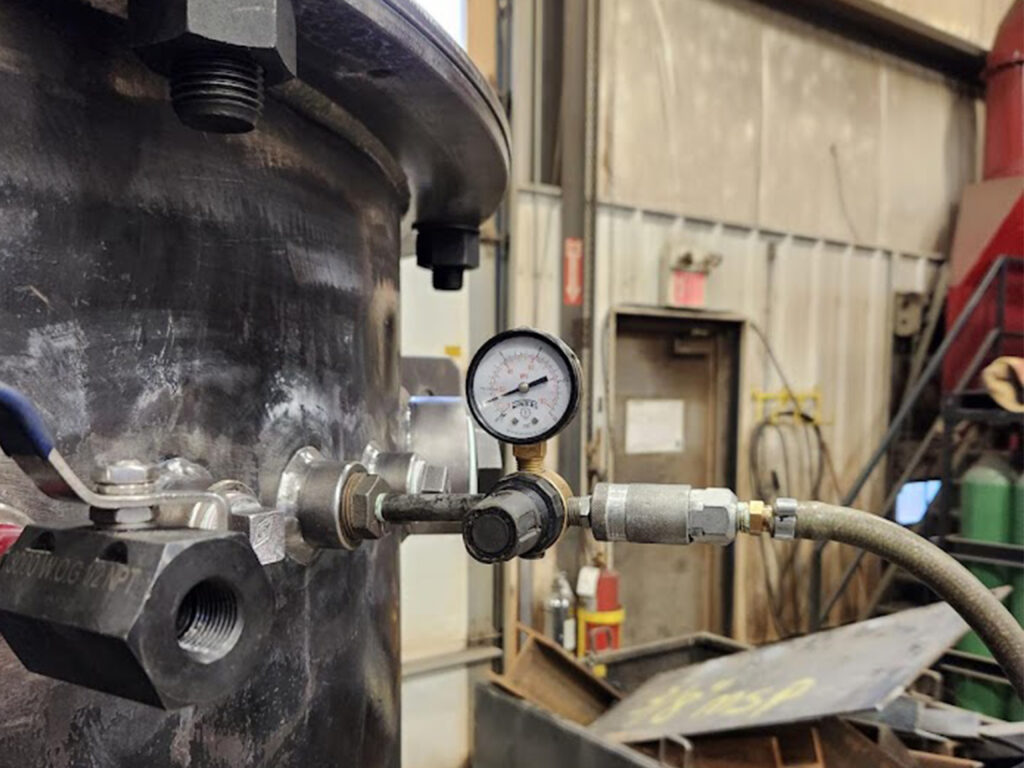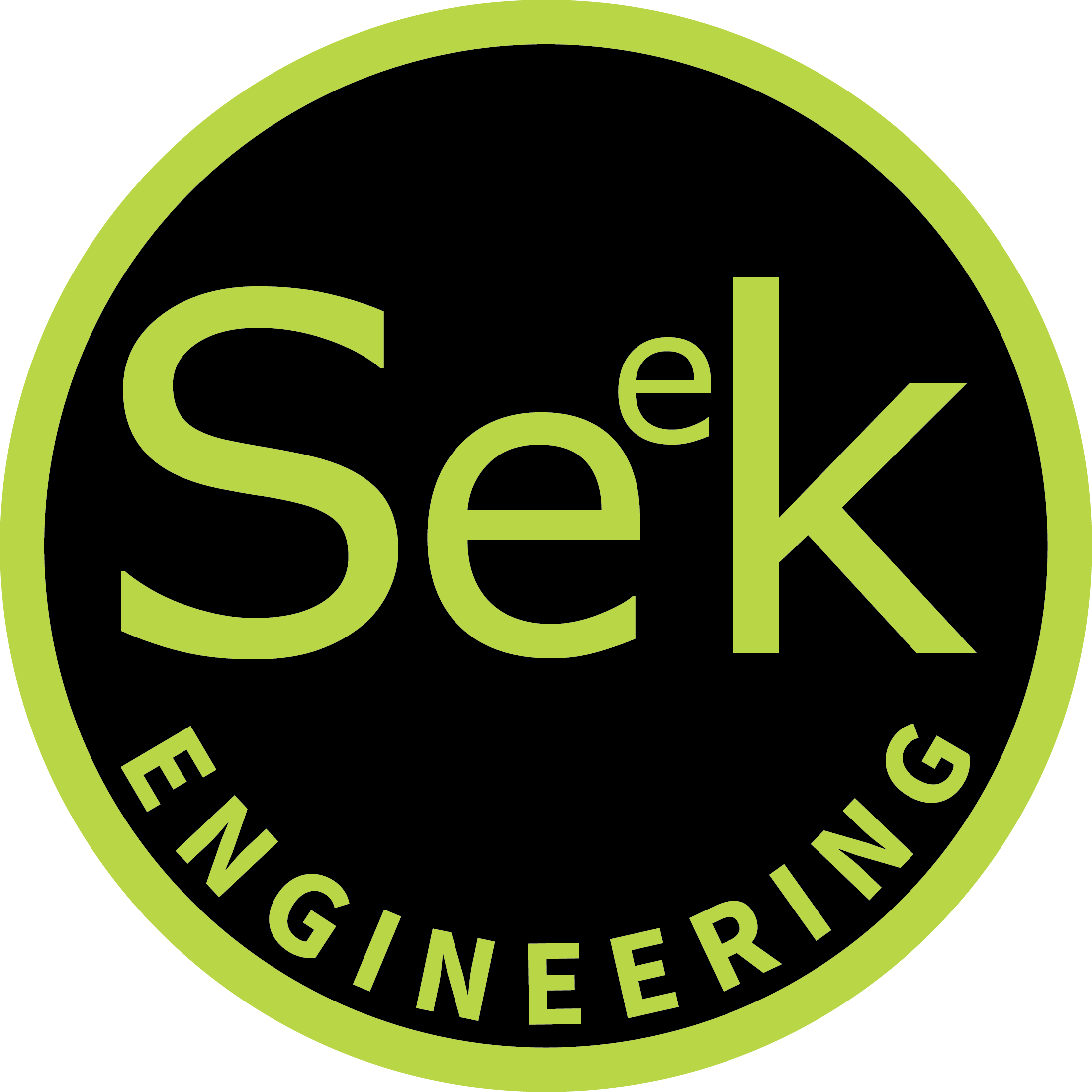Pressure Vessel Inspections Services
At SEEK Engineering, we help keep your pressure vessels safe and reliable with our expert inspection services. Pressure vessels, which store or transport gases and liquids under pressure, are crucial for many industries like oil and gas, manufacturing, and energy. Over time, they can experience wear and tear, making regular inspections essential to ensure safety and prevent costly breakdowns.
What is a Pressure Vessel?
A pressure vessel is a container that holds liquids or gases at a higher or lower pressure than the surrounding air. These vessels are used in various industries for tasks like storing fuel, heating water, or processing chemicals. Because they operate under extreme conditions, they need to be inspected regularly to avoid accidents or failures.
Types of Pressure Vessels
There are different types of pressure vessels, each with its own unique function:
- Storage Tanks: Store pressurized gases or liquids.
- Boilers: Generate steam by heating water.
- Heat Exchangers: Transfer heat between fluids.
- Process Vessels: Used in chemical or industrial processes.
No matter the type, every pressure vessel needs to be inspected to ensure it is functioning properly.
Why Are Inspections Important?
Regular pressure vessel inspections are important because they:
- Ensure Safety: Over time, cracks or corrosion can form. Inspections catch these problems early, reducing the risk of accidents.
- Maintain Compliance: There are strict rules that industries must follow to make sure pressure vessels are safe. Our inspections ensure your equipment meets all necessary standards.
- Prevent Costly Breakdowns: Identifying small issues early can prevent major breakdowns that could halt production or require expensive repairs.
How We Inspect Pressure Vessels
At SEEK Engineering, we use a range of inspection techniques to ensure your pressure vessels are in top condition. Here’s how we do it:
- Visual Inspection: We carefully examine the inside and outside of the vessel for visible signs of damage, such as cracks, rust, or leaks.
- Ultrasonic Testing (UT): We use sound waves to detect hidden cracks or corrosion inside the vessel walls.
- Magnetic Particle Inspection (MPI): This technique helps us find surface cracks that could lead to bigger issues.
- Hydrostatic Testing: We pressurize the vessel with water to check its strength and make sure it won’t leak under pressure.
- Leak Detection: Advanced tools help us detect any leaks in your vessel before they become a serious problem.
Industry Standards We Follow
We follow strict industry guidelines to ensure your pressure vessels meet all safety and compliance requirements:
- ASME Code: This sets the standards for pressure vessel construction and safety.
- API 510: This is the rulebook for how pressure vessels should be inspected, repaired, and maintained.
Benefits of Choosing SEEK Engineering
When you choose SEEK Engineering for your pressure vessel inspections, you get:
- Expertise You Can Trust: Our experienced inspectors use the latest technology to thoroughly inspect your equipment.
- Safety First: We prioritize safety, ensuring your pressure vessels are in top condition to protect your operations and your team.
- Cost Savings: By catching issues early, we help you avoid expensive repairs or downtime.
- Customized Inspection Plans: At SEEK Engineering, we understand that every operation is different. That’s why we offer customized inspection plans based on your specific needs. Whether you require a routine check or an in-depth analysis, we can tailor our services to ensure your pressure vessels remain safe and efficient.
Don’t wait until there’s a problem. Regular inspections can save time, money, and lives. Contact SEEK Engineering today to schedule your pressure vessel inspection and ensure your equipment is running safely and efficiently.




